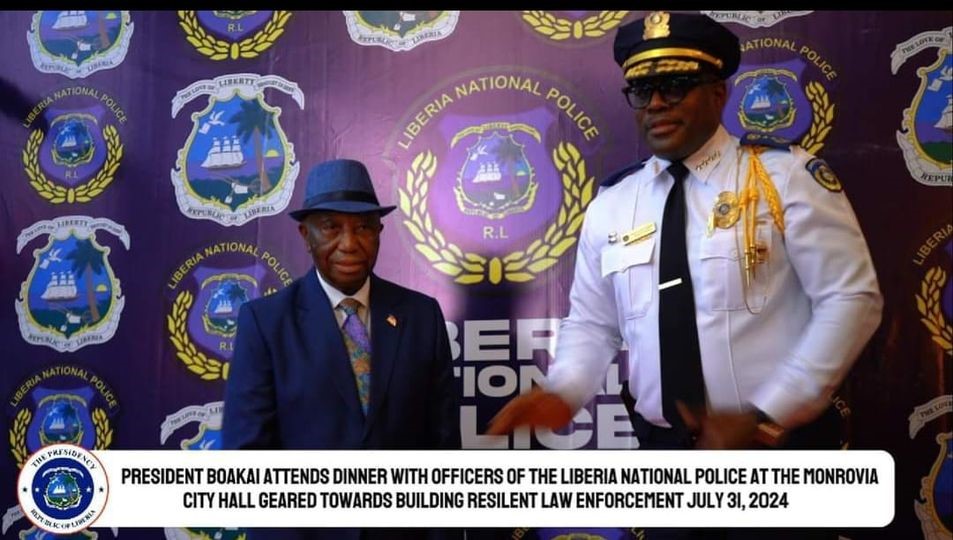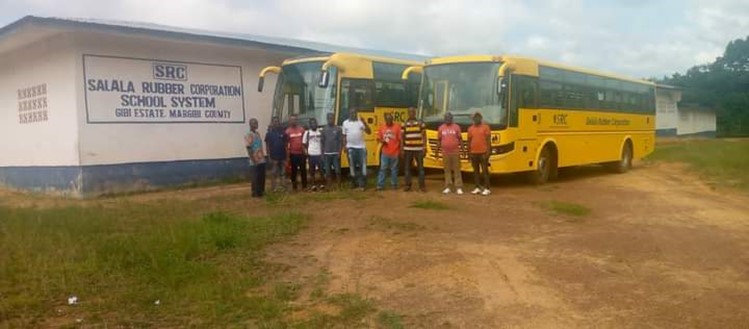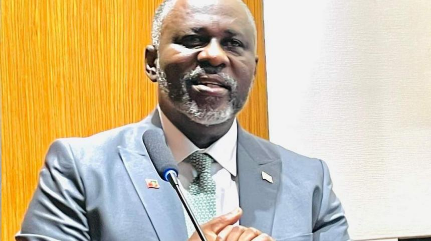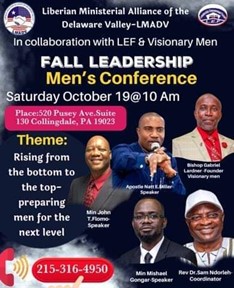At the time the economy began to improve in 2020, the world, not excluding Liberia, was hit by the deadly Coronavirus, crippling every fabric of international business. In March 2020, the first case was suspected in Liberia when the then Executive Director of the Environmental Protection Agency (EPA), Nathaniel Blama, returned from China—a country then considered a red zone of the COVID-19 viral disease.
Before the end of March, President George M. Weah had announced a state of emergency and put in place a 3:00 p.m. curfew to curtail the spread of the virus. This, in turn, brought the economy to its lowest and reversed the gains made over the years. In the following months, the number of cases began to rise, and this continued until the end of the year.
The administration struggled to fight the virus and keep the citizenry going by introducing a stimulus package that saw the government distributing rice, Argo oil and beans to slum communities. The administration also continued its infrastructure development drive and road connectivity. By January 2021, the headquarters of the Liberia Petroleum Refinery Company (LPRC) and the Freeport of Monrovia had already been dedicated, in addition to feeder roads, market halls, etc.
2020 and 2021 would turn out to become successful years for President Weah’s administration—breaking grounds for and dedicating numerous projects, attracting foreign investment, local concessionaires, like ArcelorMittal, contributing hugely to the development drive and, most importantly, cementing ties with the United States government.

In 2021, President Weah would dedicate the Popo Beach Phase 2 project, Grand Gedeh Housing Units Construction Project II, Kendeja Renovation Project, 14th Gobachop Market, 100 Housing Units Construction Project in Bong County, 100 Housing Units Construction Project in Nimba County, three additional market facilities in Omega Community, West Point-Waterside General Market, Wells Hairston High School Annex and the Youth Opportunities Project.
2022, which marked the 200th year since the return of the freed black slaves to Africa, would be well-celebrated, with the United States playing a major role in the celebrations. President Weah would also receive his first invite to the White House during the same year, demystifying the argument that President Weah’s administration was not in good book with the US.
The Weah administration would also restore stable electricity and return safe-drinking water to the capital, in addition to completing the renovation of the Executive Mansion, the construction of the Invincible Sports Park and other major projects.







